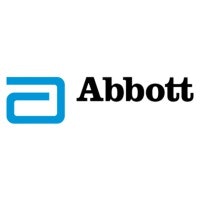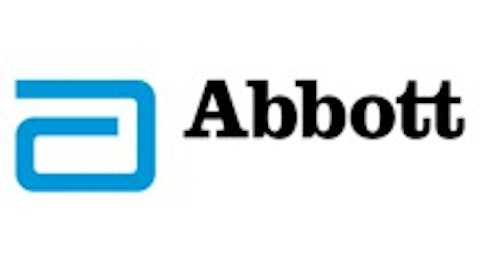A new Supreme Court ruling presents pharmaceutical companies with a tough choice — stop paying generic-drug producers to withhold generic options from the market, or risk getting sued by regulators for antitrust violations.
Let’s take a look at what this development might mean for investors.
Defending “blockbuster” patents
Before the patent expires on a proprietary drug, competitors can introduce their own generic versions if they can either demonstrate that their version doesn’t violate the patent or that the patent itself is invalid.
If successful, the generic-drug companies threaten their competitors’ high profit margins and hold on market share.
How do blockbuster drug producers keep these threats at bay? First, they can try to demonstrate in court that their patent is valid, and that the competing generic violates it. Alternatively, they can offer their rivals “pay-for-delay settlements” or “reverse payments” to drop the patent challenge and postpone introducing the generic versions into the market.
The second strategy has helped several big-name pharmaceutical companies to temporarily keep rival drugs off the market. Here are some examples:
–Solvay Pharmaceuticals, purchased by Abbott Laboratories (NYSE:ABT) in 2011, offered reverse payments to Watson Pharmaceuticals (now part of Actavis Inc (NYSE:ACT) ), Paddock Laboratories (since bought by Perrigo Company (NASDAQ:PRGO)), and Par Pharmaceutical Companies, Inc. (NYSE:PRX) to prevent them from challenging its AndroGel drug patent and delay introducing their own generic versions into the market until 2015.
–Schering-Plough (now part of Merck & Co., Inc. (NYSE:MRK)) offered reverse payments to Upsher Smith and ESI to prevent them from challenging its K-Dur 20 patent and delay introducing their own generic versions into the market.
–Cephalon offered “reverse payments” to four companies to prevent them from challenging its Provigil patent and delay introducing their own generic versions into the market. In total, Cephalon paid Teva Pharmaceutical Industries Ltd (ADR) (NYSE:TEVA), Ranbaxy Pharmaceuticals, Mylan Inc. (NASDAQ:MYL), and Barr Laboratories more than $200 million.
Crumbling patent cliffs
Now that the Supreme Court has ruled that consumer advocates and regulatory agencies can sue drug companies involved in “reverse payments” for potential antitrust regulations, it may be more difficult for drug companies to keep generics off the market. This means their blockbuster drugs may face competition from generics before their patents expire — resulting in a decline in market share and profit margins miles before they hit their patent cliffs.
Note that the court did not outlaw “reverse payments.” Rather, it allows regulators and consumer groups to sue when these payments have anticompetitive effects. Now, courts will be able to invoke the “rule of reason” to evaluate these payments on a case-by-case basis and determine whether they violate antitrust laws.
So while proprietary-drug companies may still be able to use the reverse-payment strategy, the new court ruling adds the risk of greater regulatory scrutiny and expensive litigation costs.
The Foolish takeaway
The proprietary-drug market was always risky. Companies put a lot of capital at risk when they attempt to develop new blockbuster drugs, which may or may not get FDA approval. Success, however, can bring in boatloads of cash as the developer’s monopoly on the drug gives it tremendous pricing power in addition to its unchallenged access to consumers who want the product.
In addition to the risks already present in the proprietary-drug market, investors should consider the possibility that they may also lose up on some of the upside that came with the years of unchallenged monopoly enjoyed by these companies on their blockbuster products.
One of the best parts of owning big pharma stocks is their attractive dividends, but smart investors know the importance of diversifying — seeking high-yielding stocks from multiple industries.
The article The Proprietary Drug Business Just Got Riskier originally appeared on Fool.com.
Motley Fool contributor M. Joy Hayes, Ph.D. is the Principal at ethics consulting firm Courageous Ethics. She has no positions in any of the companies mentioned. Follow @JoyofEthics on Twitter. The Motley Fool has no position in any of the stocks mentioned.
Copyright © 1995 – 2013 The Motley Fool, LLC. All rights reserved. The Motley Fool has a disclosure policy.



